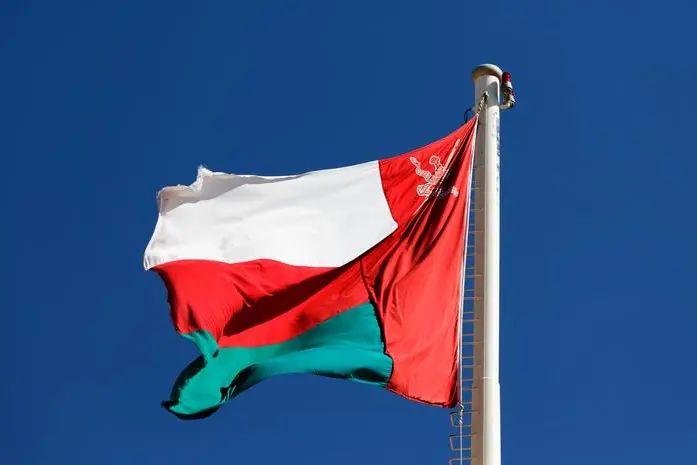PHOTO
Oman’s non-oil economy is projected to grow by over 2 per cent in 2023, bolstered by investments in renewable energy, as well as a rebound in the tourism and construction sectors, the World Bank said in its latest Gulf Economic Update.
The uptick in non-oil growth is a bright spot amid an anticipated deceleration in overall growth to 1.4 per cent this year, as the domestic economy is weighed down by a cap on oil output mandated under OPEC+ production curbs. At the same time, a slowing global economy is not helping either, it noted.
“However, the economy is anticipated to strengthen over the medium-term, driven by higher energy production and wide-ranging structural reforms,” the World Bank stated in its report, titled: ‘Economic Diversification Efforts Paying Off in GCC Region but More Reforms Needed’.
Significantly, the trend is broadly replicated across the Gulf Cooperation Council (GCC) region, with average growth projected at 1 per cent in 2023. It is forecast to rise to 3.6 per cent in 2024 and 3.7 per cent in 2025, according to the World Bank’s update.
“The weaker performance this year is driven primarily by lower oil sector activities, which is expected to contract by 3.9 per cent, to reflect OPEC+ successive production cuts and the global economic slowdown. However, the reduction in oil sector activities will be compensated for by the non-oil sectors, which are expected to grow by 3.9 per cent in 2023 and 3.4 per cent in the medium term supported by sustained private consumption, strategic fixed investments, and accommodative fiscal policy,” the report stated.
World Bank Country Director for the GCC, Safaa el Tayeb el Kogali, stressed the need for the GCC states to stay the course in their efforts to diversify their economies, progress fiscal reforms and strengthen their growth strategies.
“To maintain this positive trajectory, GCC countries must continue to exercise prudent macroeconomic management, stay committed to structural reforms, and focus on increasing non-oil exports,” she said.
The Country Director cautioned against possible fallout from the Gaza Crisis on the Gulf economies, particularly if the conflict drags on or spreads to the wider region. Global oil markets are already witnessing higher levels of volatility as a result of the war, she noted.
While acknowledging the ongoing drive by the Gulf states to diversify their economies, the report nevertheless called for an acceleration of those efforts, notably through much-needed structural reform.
Khaled Alhmoud, Senior Economist at the World Bank, commented: “The region has shown notable improvements in the performance of the non-oil sectors despite the downturn in oil production during most of 2023. Diversification and the development of nonoil sectors has a positive impact on the creation of employment opportunities across sectors and geographic regions within the GCC.”
2022 © All right reserved for Oman Establishment for Press, Publication and Advertising (OEPPA) Provided by SyndiGate Media Inc. (Syndigate.info).





















